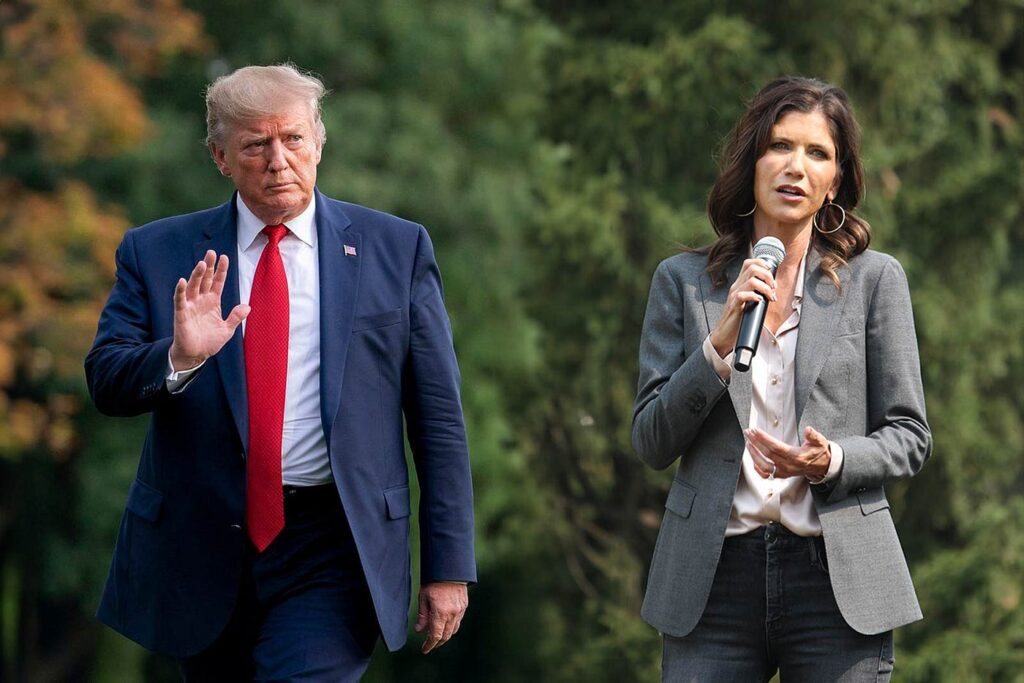
Tulsi Gabbard, the former Democratic congresswoman and presidential candidate, has faced her share of political battles—especially regarding the 2016 election. Recently released documents have reignited discussions about her alleged ties to Russia, raising questions about foreign influence in U.S. politics.
The Allegations and Their Origins
During the 2016 election, Gabbard was accused of being a “Russian asset” by some political opponents. These claims stemmed from her unconventional foreign policy views, including her opposition to U.S. intervention in Syria and her meeting with Syrian President Bashar al-Assad. Critics suggested that her positions aligned too closely with Russian interests.
However, Gabbard has consistently denied these allegations, calling them “baseless smears” meant to discredit her. She has emphasized her commitment to peace and diplomacy rather than partisan agendas.
What the Documents Reveal
Recently disclosed FBI files show that Gabbard was briefly scrutinized as part of a broader investigation into Russian election interference. While no concrete evidence linked her to any wrongdoing, the documents confirm that U.S. intelligence briefly examined her connections.
Gabbard’s supporters argue that the scrutiny was politically motivated, pointing out that she has been a vocal critic of both major parties. Her independent stance has made her a target for attacks from all sides.
Gabbard’s Response
In response to the renewed controversy, Gabbard has doubled down on her criticism of what she calls the “military-industrial complex” and establishment politics. She maintains that her foreign policy views are rooted in a desire to avoid unnecessary wars, not in allegiance to any foreign power.
The Bigger Picture
The debate over Gabbard’s role in the 2016 election highlights broader concerns about foreign interference in U.S. politics. While some see her as a victim of partisan attacks, others remain skeptical of her associations.
As more documents emerge, the full story may become clearer. For now, Gabbard continues to position herself as an independent voice in an increasingly polarized political landscape.




